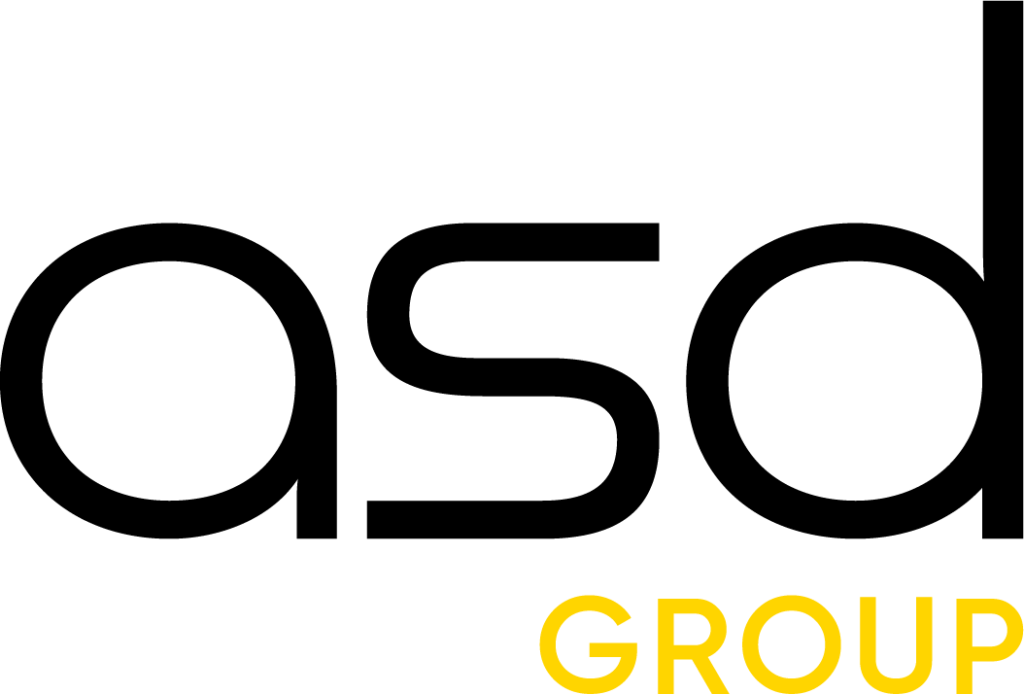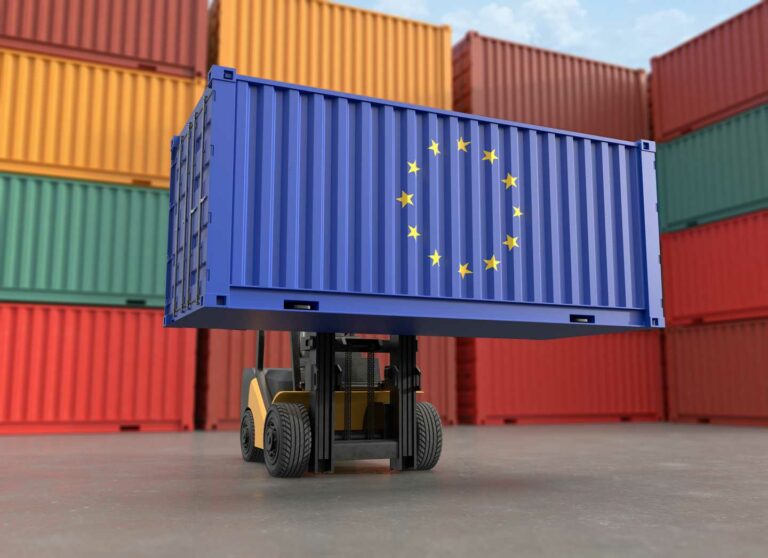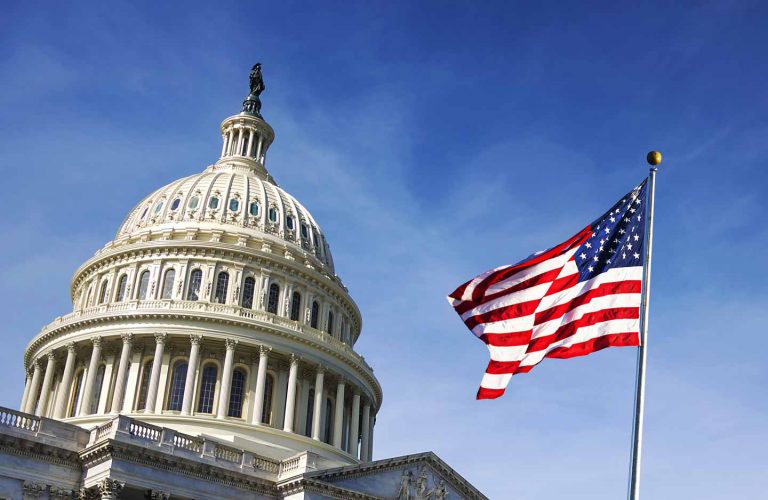12th June 2020: the United Kingdom confirms that the transition period will not be extended. Gradual return of customs inspections.
On 12 June 2020, the UK formally informed the European Union that there would be no extension of the transition period. As a result, it is now certain that the UK will exit the European Union on January 1, 2021, regardless of whether an exit agreement is reached or not.
In particular, Brexit implies a return of customs controls at the UK’s borders for goods coming from the EU. The UK Global Tariff will apply from 1 January 2021. However, in order to take account of the unprecedented impact of Covid19 on businesses, the UK plans to introduce these inspections gradually.
Please note: the following measures only apply to goods coming from the European Union. Goods from non-EU countries will be subject to full customs controls at the time of import into the UK.
From January 2021
Traders importing standard goods will need to prepare for basic customs requirements and will have up to six months to submit customs declarations to HMRC.
While tariffs will need to be paid on all imports from Day One, payments can be deferred until the customs declaration (in French) has been made, giving traders time to adjust to the new requirements. Safety and Security declarations will not be required for six months for all goods. Traders will, however, need to consider some other processes, such as how they will account for import VAT.
Traders moving controlled goods such as tobacco and toxic chemicals into GB will be required to complete a full customs declaration when the goods enter GB, in line with the requirements for goods moving into GB from the Rest of the World.
All traders importing live animals and high-risk plants and plant products will be required to have pre-notification and health documentation from the outset. Imports of high-risk animal by-products (ABP) will also need pre-notification.
Documentary checks will be carried out remotely, and physical checks of high-risk goods will take place at destination or other authorised premises.
From April 2021
All products of animal origin (POAO) – for example meat, pet food, honey, milk or egg products – and all regulated plants and plant products will also require pre-notification and the relevant health documentation.
From July 2021
Traders moving all goods will have to make full declarations and pay tariffs at the point of importation. Full Safety and Security declarations will be introduced, while for SPS commodities there will be an increase in physical checks and the taking of samples: checks for animals, plants and their products will now take place at GB Border Control Posts.
Source : Cabinet Office




